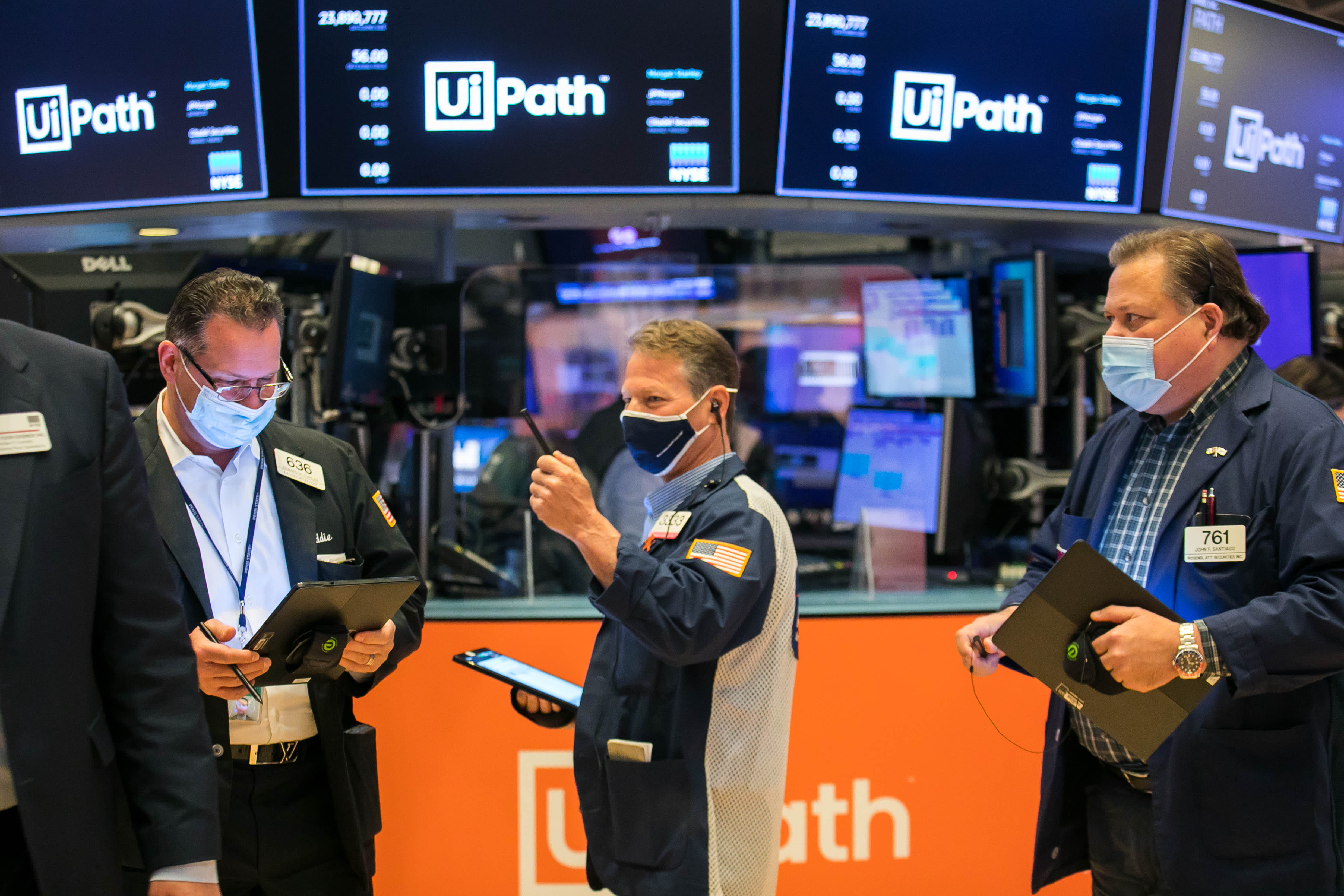Jonathan La | Nurphoto | Getty Images
Neuralink, Elon Musk’s brain-implant startup, was valued at nearly $2 billion in a private funding round two years ago and is now valued at about $2 billion, according to a private stock deal described to Reuters by five people familiar with the matter. $5 billion.
Ahead of Neuralink’s May 25, some buying by bullish investors has pushed up valuations in recent months announcement U.S. regulators have approved human trials of its brain chip, sources said.
Related investment news


Experts say it could take years for Neuralink to be licensed for commercial use. Kip Ludwig, a former program director in neuroengineering at the National Institutes of Health (NIH), said he “optimistically” expects Neuralink to take at least 10 years to commercialize its brain implant.The company also faces other challenges, including Federal probe into its handling of animal research.
However, after the trial was approved, Neuralink shares were sold privately to investors in recent days at a valuation of $7 billion, or $55 a share, according to an email seen by Reuters. Reuters could not determine whether the seller had found a buyer at that price. The email cited the Food and Drug Administration (FDA) approving clinical trials as the reason for the “sweeter” deal.
Neuralink executives and Musk did not respond to requests for comment.
Musk has expressed great ambitions for Neuralink, saying its chip will allow both healthy and disabled people to access nearby facilities for rapid surgical insertion of devices to treat obesity, autism, depression and schizophrenia. He’s even seen them being used for web surfing and telepathy. A Neuralink executive recently offered more modest short-term goals, such as helping paralyzed patients communicate via computerized text instead of typing.
The stock deal, valued at about $5 billion, was made by shareholders such as employees and early backers of the company, rather than Neuralink selling new shares to investors. Such so-called secondary deals are an imperfect measure of a company’s value; they are small in volume and lack broader market consensus for a funding round or initial public offering (IPO).
Neuralink’s jump in valuation in secondary deals stands in stark contrast to other startups. According to data provider Caplight, about 85% of pre-IPO companies are now valued in secondary deals at an average discount of 47% to their previous funding round.
In its last known fundraising, Neuralink raised $205 million in 2021 at a roughly $2 billion valuation, according to data provider Pitchbook.
Many of the recent stock sales have been to relatively small investors, often more concerned with acquiring a piece of a company Musk owns than reviewing its valuation. The maximum amount of Neuralink shares listed for sale at a $7 billion valuation was just $500,000, according to emails seen by Reuters.
Demand for Neuralink shares has been “enormous,” said Sim Desai, chief executive of Hiive, an online platform for stock trading. He put the valuation that buyers are willing to pay at around $4.5 billion.
Some biomedical experts are skeptical. Arun Sridhar, a scientist and entrepreneur who specializes in neuromodulation, called Neuralink’s valuation “crazy” because the brain implant is in the early stages of clinical development.
“A study assessing safety and tolerability does not in any shape or form justify a $5 billion valuation,” said Sridhar, who helped launch Galvani Bioelectronics, a GlaxoSmithKline and Alphabet’s True life science. Galvani is not a competitor to Neuralink because the implant it is developing will be installed in the artery leading to the spleen to help treat rheumatoid arthritis, not the brain.
investigation
The FDA initially rejected Neuralink’s request for human trials last year, citing safety reasons. Reuters has reported. Even with approval, the company still faces several challenges.
Neuralink is here under scrutiny by U.S. lawmakers Reuters reported in May that its animal research committee May violate conflict of interest regulations. Neuralink employees on the board that oversees the welfare of the tested animals will also benefit from the rapid development of the implant. According to secondary transactions, the value of Neuralink stock held by some employees has increased by about 150% in just two years.
USDA law enforcement has been investigating Neuralink Potential Animal Welfare Violations. Neuralink staff told Reuters last year that the company rushed and botched surgery In monkeys, pigs and sheep, it resulted in far more animal deaths than necessary because Musk pressured employees to get FDA approval.
Ministry of Communications alone test Is Neuralink illegally transporting dangerous pathogens on chips taken from monkey brains without proper containment measures in place.
Neither Musk nor Neuralink responded to multiple requests for comment on the investigation or the Reuters report.


